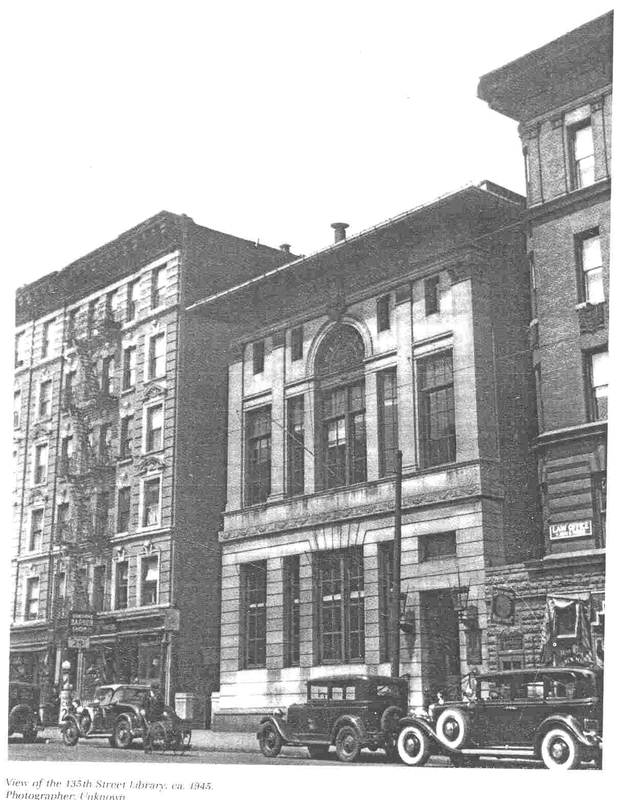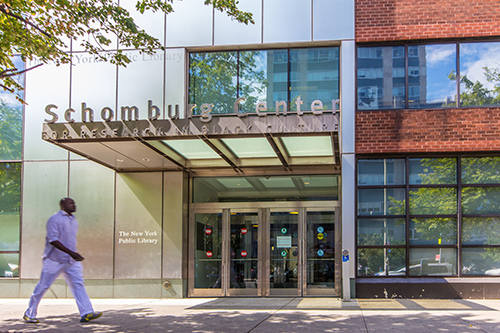Arturo Schomburg: "The American Negro Must Remake his Past in Order to Make his Future"


The 135th Street Library/Schomburg Center for Research in Black Culture from 1945 and now, where Schomburg established his museum to remind the world of what black culture has brought them.
Unlike the previously mentioned thinks, Arturo Alfonso Schomburg did not grow up in the continental United States, instead immigrating to New York at age 17. When in New York he associated himself with Cuban revolutionary fraternities that claimed to hold nationality as the most important identifier instead of race. However, their rhetoric differed very much from their actions, finding that racial divides occured within these societies as well. Ingratiating himself more with black Harlem community than the white-passing Latin@ immigrants, Schomburg saw that black suppression is not a uniquely US matter; in fact, it affects all people in any Western society due to the perception of Africa itself. In his essay “The Negro Digs up His Past”, he notes how the African community has experienced a social death due to enslavement throughout the Western world that has irreparably tarnished black and African history, creating the myth of “backwards Africa”. In order to both restore the lost culture and technology found in Africa and restore the ability to have pride in one’s African descent, one must remember what Eurocentric history has made society forget. By bringing recognition to black contributions to the contemporary world society would then be more or less indebted to them as well as the recognized European and Asian cultures, bringing people of African descent under the protection of historical relevance.
Schomburg’s method of recognizing black contributions seems to me the best candidate of the four proposed schemas in the fight against white hegemony. It is not only a plan that will educate people in a white hegemonic society about the achievements of the black community, but it will also demand the respect of people of African descent by the hegemony due to the now known African influence upon their culture.
[1] Hoffnung-Garskof, Jesse. “The World of Arturo Alfonso Schomburg”. The Afro-Latin@ Reader: History and Culture in the United States. Duke University Press, 2010. p. 75